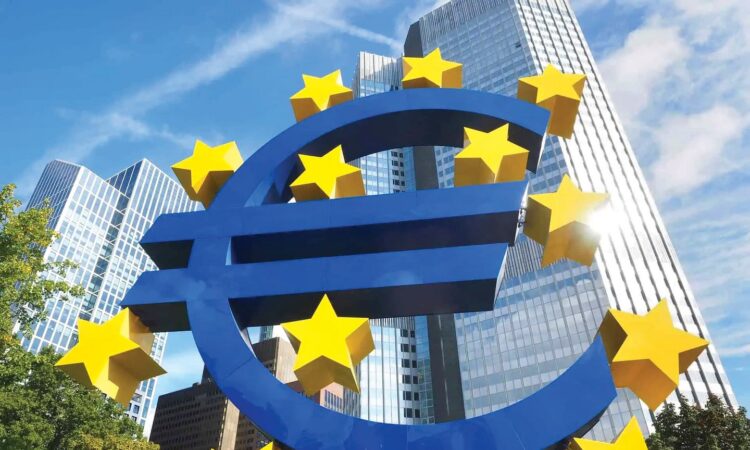
The international use of the euro remained broadly stable in 2023, with its share across various indicators of international currency use staying above 19 per cent.
This stability, close to the average since the euro’s introduction in 1999, was highlighted in the annual review published by the European Central Bank (ECB) on Wednesday.
According to the ECB, the euro continues to hold its position as the second most important global currency.
In a statement, the ECB explained that in a year marked by elevated global inflationary pressures and tight monetary policies among major central banks, geopolitical tensions have increased the risk of a more fragmented international monetary system.
Despite this, ECB President Christine Lagarde stressed the need for vigilance. “Although the data so far show no evidence of substantial changes in the use of international currencies, we need to remain vigilant to any cracks that start appearing,” she stated.
Moreover, in 2023, the euro’s share in global foreign exchange reserves decreased by one percentage point at constant exchange rates to 20 per cent, a level last seen in 2020.
Other indicators, such as the outstanding stock of international deposits, loans, and global foreign exchange settlements, showed limited declines in the euro’s position.
However, the share of the euro in outstanding international debt securities and in the invoicing of goods traded between the euro area and non-euro area countries saw an increase.
At the same time, risks of potential fragmentation in global payment systems continued to emerge, with some countries increasingly opting for units other than the major invoicing currencies for international trade and seeking alternatives to traditional cross-border payment systems.
Looking forward, the international role of the euro is expected to be bolstered by a deeper and more complete economic and monetary union, including advancements in the capital markets union and the pursuit of sound economic policies.
The Eurosystem supports these policies and emphasises the need for further efforts to complete the Economic and Monetary Union.
“Deeper European economic and financial integration, together with enhancements in cross-border payment systems between the euro and other currencies, will be pivotal in increasing the resilience of the international role of the euro in a potentially more fragmented world,” Lagarde concluded.
